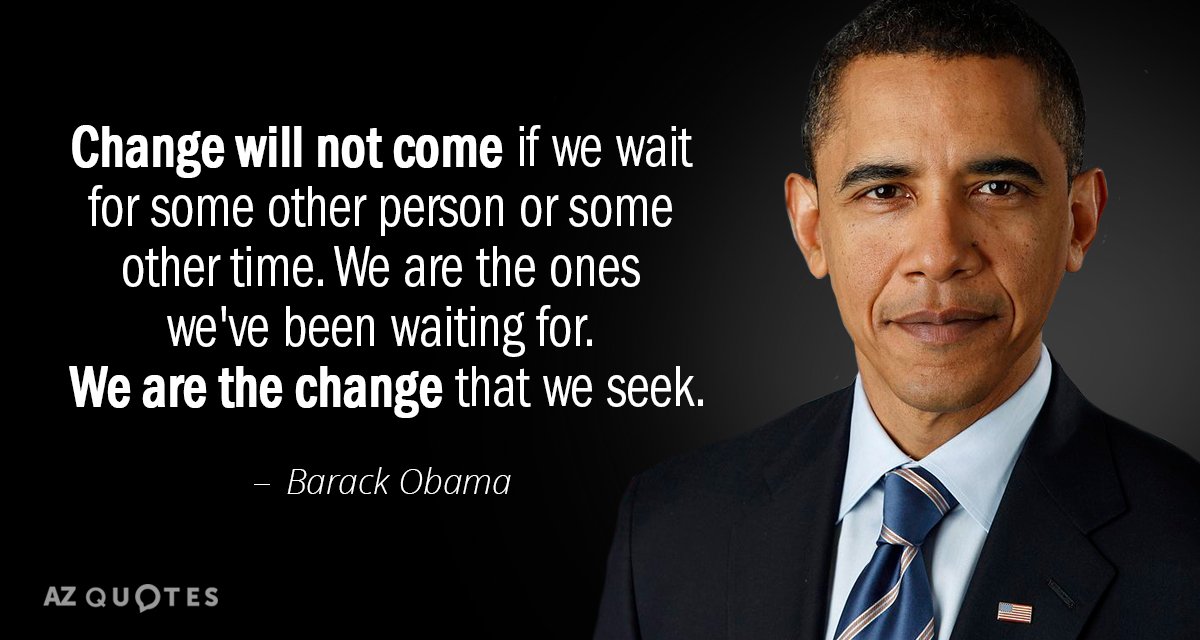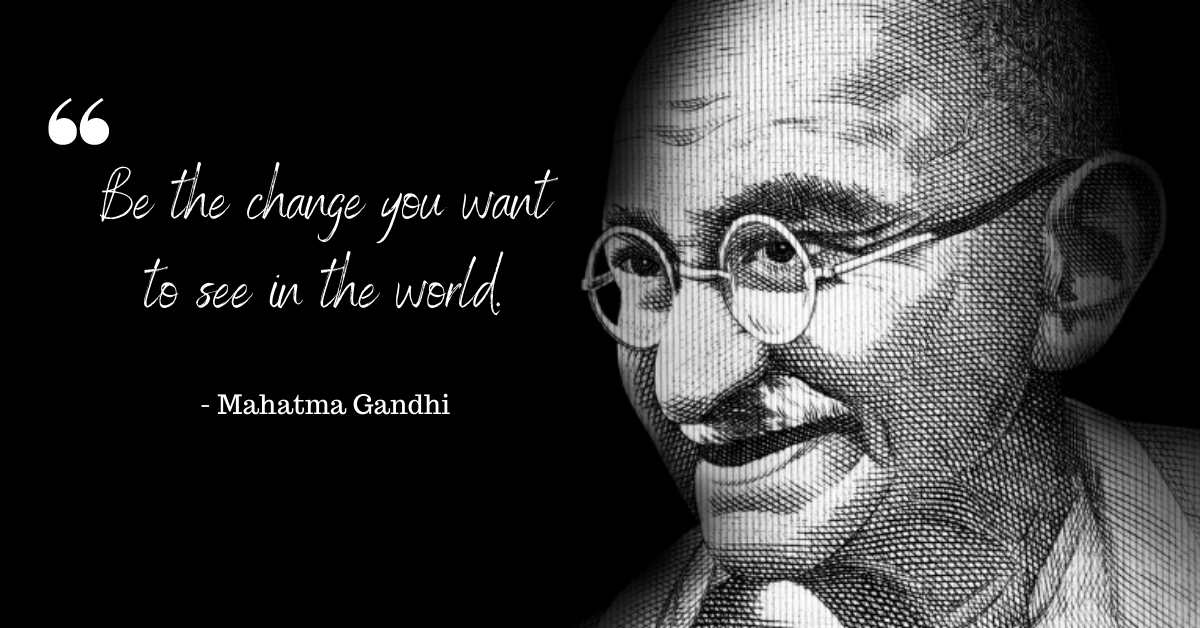
Step 1: Have the will!
Step 2: Identify the problem
Step out of your house,
interact with people, or simply look around and think of how you can help somebody
to have a better life. Identify the social issues that you care about and want
to make a difference in. It could be anything from poverty, hunger,
homelessness, education, climate change, racism, gender inequality, etc.
Step 3: Do your research
To gain a deeper
understanding of the issue you want to tackle, it is necessary to do research on
it. This will help you to identify the root causes and possible solutions.
Step 4: Create a plan
Create a plan of action
that outlines the steps you need to take to bring the change and make a positive
impact. Your plan should be specific, measurable, achievable, relevant, and
time-bound. Do not try to do everything at once. Set long and short-term goals
and work to achieve them.
Step 5: Collaborate
Collaborate with
like-minded individuals, organizations, and communities to maximize your
impact. You can form partnerships or join existing initiatives to amplify your
impact. It is not compulsory to collaborate. But it can help you achieve your
goal with the experience and help from others and keep you motivated throughout
the process.
Step 6: Take action
It is finally time to implement
your plan of action. This could involve volunteering, fundraising, or
advocating for policy changes. It may require a lot of effort, but in the end,
it is all going to be worth it. The amount of happiness and satisfaction you
will get in the process is unfathomable. Don’t worry about the outcome. Your
efforts and consistency are what really matter!
Step 7: Measure your impact
Measure your impact to
determine if you are making a positive difference. This could involve tracking
the number of people you have helped, the amount of money raised, or changes in
policy. It will keep you motivated and give you insights into your progress and
a better understanding of what needs to be done in the future.
Step 8: Reflect and improve
Reflect on your progress and identify areas for improvement. Use your learnings to refine your approach and increase your impact over time. If things don’t work according to you, don’t settle. Make a better plan and work on it. In the end, it will all make a difference.
Remember, creating a positive impact on society is a continuous process that requires dedication, persistence, and collaboration. And every individual can do this.
We can change the world and make it a better place. It is in our hands to make a difference!

Comments
Post a Comment